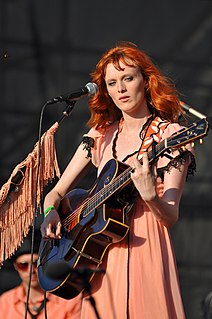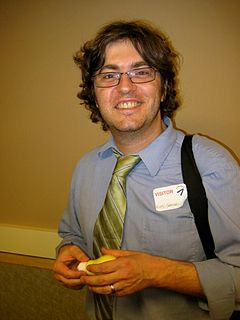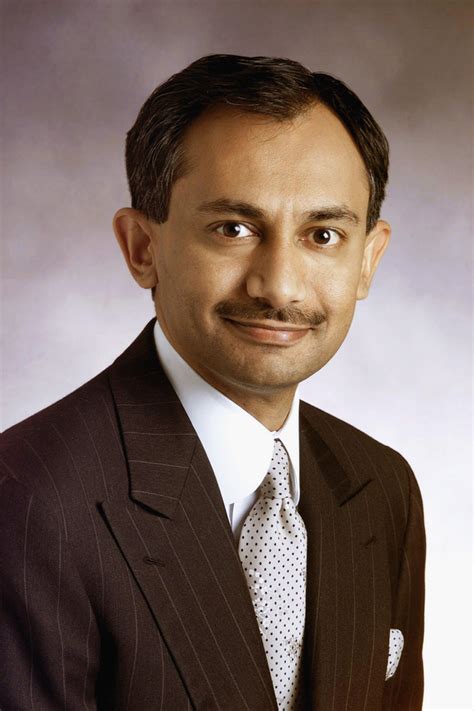A Quote by Karen Elson
Research on the Internet, research what people say about the vintage stores, look online to see if customer service is good because that's really important. Also to see online what other customers say.
Related Quotes
I think half the people who get married now have met online. If I think about all the people in my life who married - they met online, online, online. And it makes sense if you think about it, because you fill out this form of 35 things that really define you and - bam - look, you've got two people who match. It works.
I love knowing and learning about people around the world displaying my art online. Also, it's how I learn about new artists that are in various parts of the world. The positive thing about Tumblr and Instagram is that they're a fantastic platform for art lovers. I also like, when I search for my art and it says, "see also or related artists," and I see those other artists that relate to me, at least according to the internet. I think it's fascinating - it's interesting to see hashtags people are using in relation to my work. It's another tool of communication.
You look to Google, you see this incredible world of information, you see the advertising, but you also get Google Analytics. And Google Analytics coupled with Salesforce's sales and service and marketing means that both of our customers are going to have customer insights that they've never had before. That is really exciting.
Designing Online Communities is a must-have for anyone designing or researching online communities, particularly for learning. Owens' work is both comprehensive and eminently readable, a sweeping look at the technologies, design patterns, and cultural forms they produce that is both theoretically ambitious and grounded in examples and tools that will help you develop, research, and manage online communities.
I'm not in contact really with people from Chicago Area Skinheads movement and couldn't say who they now support politically, but I can tell you through my research online in which I've been doing interventions with people who are part of hate groups, that I've discovered essentially thousands and thousands of pro-Trump neo-Nazi accounts.
I think online, like on YouTube and stuff, people could pretty much say whatever they want. They have no filter in their brain, because no one knows who they are. They're totally anonymous, so they could say whatever they want. But when they're in person with me, they wouldn't say those things, because I can actually see who they are.










































